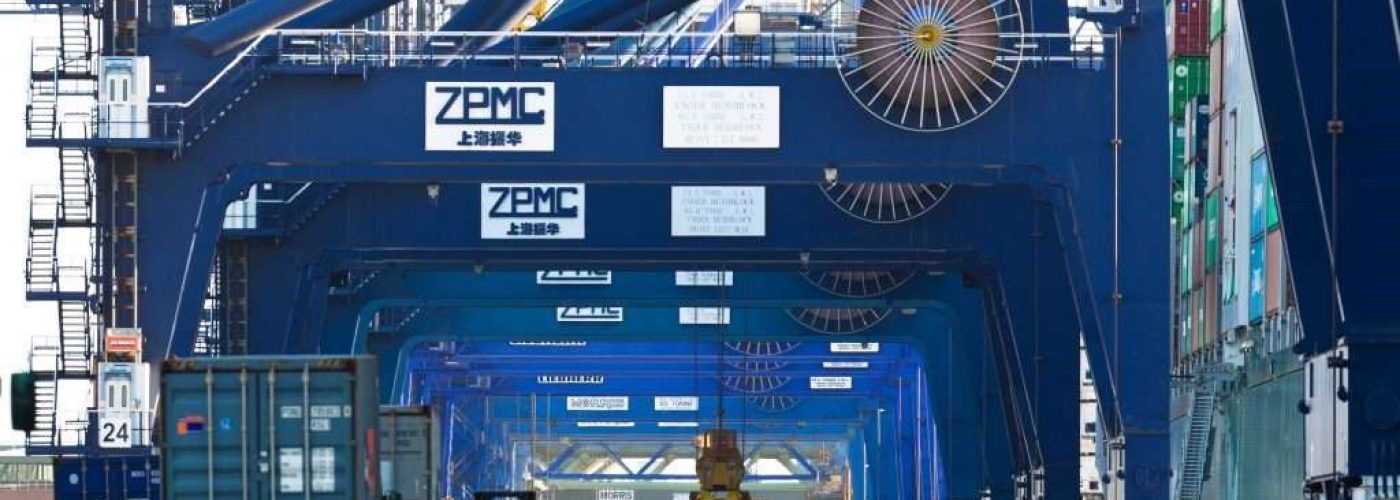South Coast Science supplies ambient air quality monitors to the Ports of Felixstowe, Harwich International and London Thamesport.
2 Praxis/Urban instruments have been supplied to each port for immediate deployment for measurement of NO2, SO2, PM1, PM2.5, PM10, temperature and humidity. Each is equipped with a solar power supply and data is transmitted via 4G cellular communication, as well as being stored on the device.
The instruments will be used to start new air quality monitoring programmes which are linked to the Port Air Quality Strategy for each site (The air quality strategy for the Port of Felixstowe is published here.)
UK Clean Air Strategy and Ports
Following the UK Government’s Clean Air Strategy, published in January 2019, major ports in England were asked to develop air quality strategies, including plans to reduce emissions.
In terms of emissions, the impact of SO2 generated by shipping is significant as are the NO2 emissions of dock-side mechanised handling equipment like cranes, forklift trucks and vehicles.
For these kinds of projects, it is vital that all air quality benchmarking is done using products developed with academic rigour, as this ensures that all subsequent measurements are sound.
The latest advances in low-cost sensor technology are now opening up access to air quality monitoring in a commercial context. It is now possible to gather real-time data from instruments whose accuracy has been independently certified.
“At South Coast Science we’ve spent nearly four years working to improve sensor performance in our Praxis range of products, to provide a service that meets the commercial needs for reliable devices in a sometimes harsh environment. We’re very pleased to be working with Hutchison Ports.”
– David Johnson, Sales Director at South Coast Science
Real-world solutions for air quality monitoring
A major blocker for large-scale, meaningful air quality monitoring in industry has been a lack of affordable devices which are known to produce reliable data. Low-cost sensors have historically had issues with variable performance in outdoor environments.
Devices like the Praxis/Urban and Praxis/OPCube that offer validated monitoring data and operate reliably with minimal supervision, give much needed real-world solutions. This new generation of third-party certified monitors finally provides a commercially viable way to quantify which air quality interventions are likely to be most impactful and track progress.
For more information about the Port Air Quality Strategies, please visit each site’s individual web pages. Visit the South Coast Science website for information on its monitoring products, or contact David Johnson, Sales Director.





